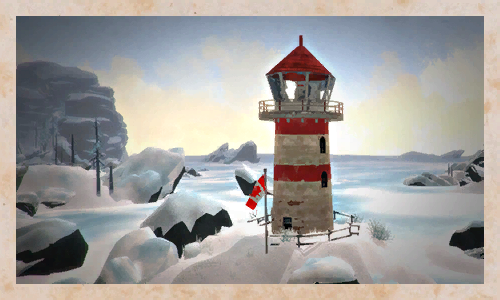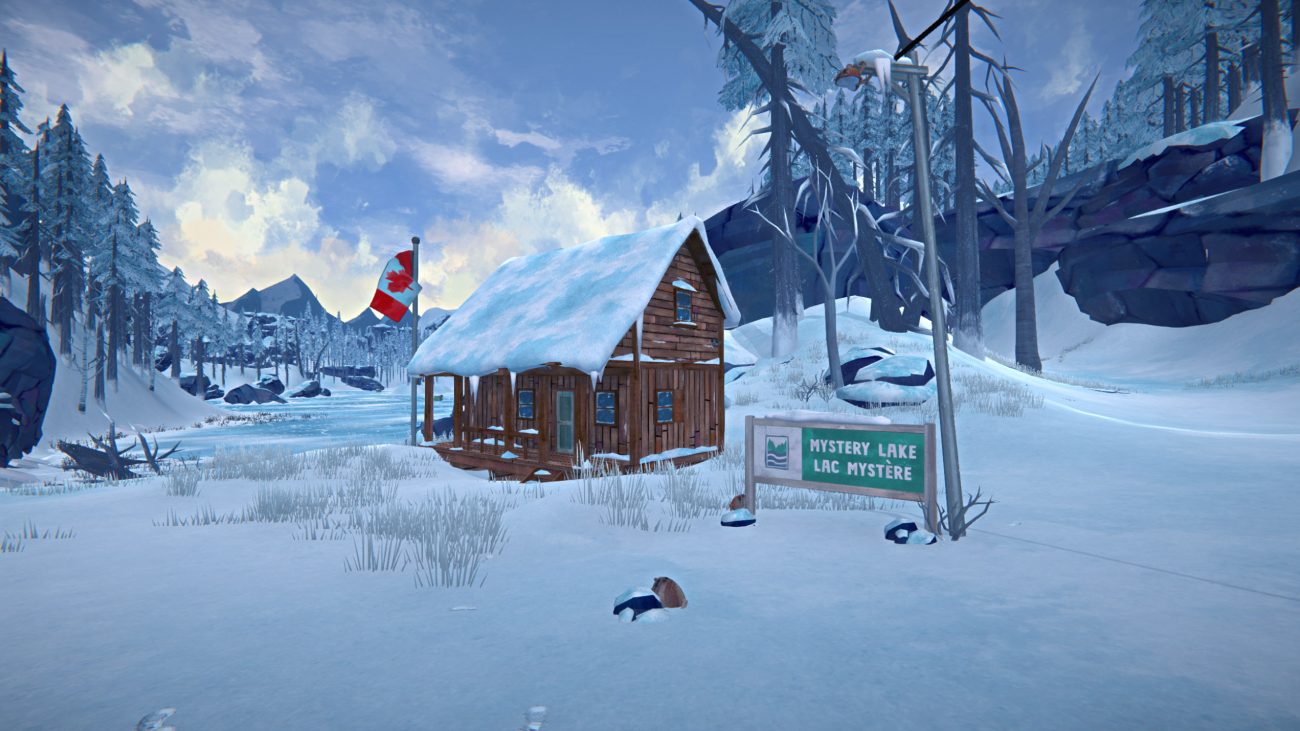


That got us wondering: What is the best book that was published during that time? Nominate a book: The New York Times Book Review has just turned 125.

See what’s new in October: Among this month’s new titles are novels by Jonathan Franzen, a history of Black cinema and a biography by Katie Couric.Learn what you should be reading this fall: Our collection of reviews on books coming out this season includes biographies, novels, memoirs and more.Want to keep up with the latest and greatest in books? This is a good place to start. He has argued that the Indigenous past should be a guidebook for the future, and the popularity of his work in recent years points to a hunger for the alternative he describes: a civilization where the land and sea are kept healthy through cooperation, where resources are shared with neighbors, where kindness even extends to those who seek to conquer. The lessons Pascoe, 72, seeks to impart by bringing his own essays to life - and to dinner tables - go beyond appropriation. “Because that’s what Australia has found hard, including Aboriginal people in anything.” “I became concerned that while the ideas were being accepted, the inclusion of Aboriginal people in the industry was not,” he said. The farm he owns on a remote hillside a day’s drive from Sydney and Melbourne aims to correct for colonization - to ensure that a boom in native foods, caused in part by his book, “Dark Emu,” does not become yet another example of dispossession. Most of them were Yuin men, from the Indigenous group that called the area home for thousands of years, and Pascoe, who describes himself as “solidly Cornish” and “solidly Aboriginal,” said inclusion was the point. A few others would fix up a barn or visitor housing. Someone needed to check on the yam daisy seedlings. WALLAGARAUGH, Australia - Bruce Pascoe stood near the ancient crops he has written about for years and discussed the day’s plans with a handful of workers.


 0 kommentar(er)
0 kommentar(er)
